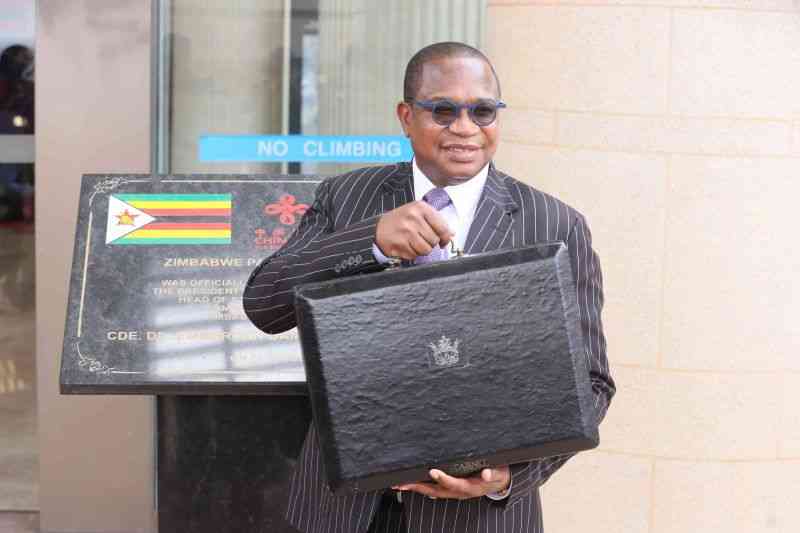
THE Insurance and Pensions Commission (Ipec) has set aside US$500 000 as part of its contribution towards pre-2009 value loss compensation programme, Standardbusiness can report.
The Justice George Smith-led Commission of Inquiry constituted in 2015 found some policyholders and pension scheme members were prejudiced by the conversion process during dollarisation and recommended they be compensated.
Smith’s commission blamed the value erosion largely on poor regulatory enforcement and demonetisation of the local currency.
Speaking to Standardbusiness on the sidelines of the Zimbabwe Association of Pension Funds 49th annual conference in Victoria Falls recently, Ipec pensions and life director Cuthbert Munjoma said they accepted responsibility for what happened.
“There was blame apportionment where Ipec was considered as having been slept on duty and did not adequately regulate the industry from 2000 to 2008 and did not provide guidance when there was currency debasing,” Munjoma said.
“We have since corrected that and we continue to strive to improve because we have a permanent succession as an organisation.
“None of us in Ipec management right now was there when these things happened, but we accept responsibility because the institution is a permanent succession plan.”
He added: “We don’t have resources; we are funded by the market and in terms of levels, which are still in line with the international practice we are setting aside this half a million. It is a show of goodwill, an acknowledgement.
- UK based Zimbabwean divorces wife of 33 years over conjugal rights
- New perspectives: Money laundering red flags in insurance sector
- 3 000 non-resident pensioners owed US$1.5 million, says Ipec
- Removing barriers to women’s financial inclusion
Keep Reading
“It does not possibly fit the blame apportionment to say maybe the industry lost US$800 million.
“So 16% of US$800 million ought to be 16 by four, which will be possibly US$64 million. We don’t have that balance.
“But as an acknowledgement and show of goodwill we have committed that amount. It’s on our budget. We received the approvals from the Ministry (of Finance). We are ready to disperse.”
Finance minister Mthuli Ncube told an insurance and pensions engagements meeting in Harare last Wednesday that the issue of compensation for lost pensions should be concluded.
“Captains of industry, we need to bring closure to this issue,” Ncube said.
“The Commission of Inquiry was concluded in 2017 and seven years later, we are still consulting, debating, colluding, finger-pointing, and making wild actuarial assumptions.
“On this one, all hands on deck as we need to see traction and unplug the bottlenecks.
“The (Ipec) engaged our offices requesting legal support on the issue. Government issued Statutory Instrument 162 of 2023 Pensions and Provident Funds (Compensation for Loss Pre-2009 Value of Pension Benefits) Regulations, 2023.”
The minister said the industry could not afford to kill the goose that lays the golden egg.
“Let me hasten to say that the pensioners, who are to be compensated are your clients and you had a contract with them and not Ipec or the government,” he said.
“As an industry you are being asked to account for those monetary liabilities that lost value while the assets and building that you bought survived notwithstanding geopolitical factors.”
Ncube said his ministry was in the process of establishing the financial sector development plan as one of the recommendations by Smith’s commission.
This, he said, was also part of the confidence-building measures in the financial sector.
“All the financial sector regulators, the Reserve Bank, the Securities Exchange Commission of Zimbabwe, the Deposit Protection Commission, and the Insurance and Pensions Commission are part of the steering committee,” he noted.
“For the economy to be an upper-middle-income society by 2030, it should be anchored on tertiary services like insurance, information and communication technology, transport and banking sectors; and should contribute more to gross domestic product than mining and agriculture.”










